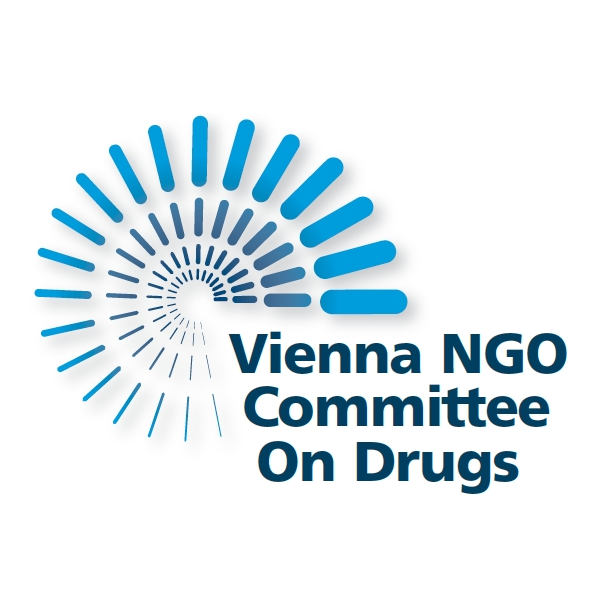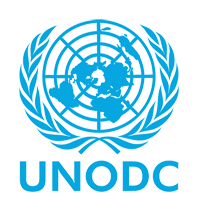Deadline: 15 May 2020
The UNODC Prevention Treatment and Rehabilitation Section (PTRS) in coordination with WHO and UNHCR is planning a consultation process to develop a technical guidance tool to address substance use and substance use disorders, as well as associated health and social consequences in Relief and Humanitarian Settings, and to increase access to substance use disorder treatment also in Humanitarian Settings. An expert group meeting is tentatively scheduled for the third quarter of 2020.
This initiative derives from the UNGASS outcome document that highlights the need to “protect the health, safety and well-being of individuals, families, vulnerable members of society, communities and society as a whole” and directly supports resolution 61/7 on “Addressing the specific needs of vulnerable members of society in response to the world drug problem”. Displaced populations may be vulnerable to substance use disorders for a variety of reasons. These include pre- or post-migration stress and trauma, including loss of homes and livelihoods, violence, torture, mental health disorders and family separation.
As part of the consultation process civil society organisations are invited to provide relevant information about treatment and care for displaced populations. In particular, NGOs are invited to support UNODC’s technical consultation process by:
- Sharing national experiences, studies and good practices on addressing substance use disorders and providing treatment and care for people with substance use disorders in humanitarian settings and/or for displaced populations;
- Informing about the current use of technical tools, guidelines, protocols or else to guide the work on treatment and care for people with substance use disorders in humanitarian settings and among displaced populations;
- Indicating to UNODC which kind of technical guidance tool would be most relevant, needed and applicable in order to provide improved services for people with substance use disorders in humanitarian settings or for displaced populations with substance use disorders;
- Describing existing mechanisms for interaction and coordination at the national/regional level, including joint- or inter-ministerial entities, civil society coordination mechanisms or else which bring together health, humanitarian and other sectors that could play a key role in a later implementation of the technical guidance tool to be developed by UNODC, in coordination with WHO and UNHCR, to address substance use disorders as well as associated health and social consequences in Relief and Humanitarian Settings;
- Providing the full name and complete contact details of a focal point, to facilitate future communication and exchange about the information provided.
Kindly provide relevant input as soon as possible but no later than 15 May 2020, by sending it to Ms. Anja Busse (anja.busse@un.org), Mr. Wataru Kashino (wataru.kashino@un.org) and info@vngoc.org. When sending input please provide the full name and complete contact details of a focal point.
Due to limited capacity for translation, it would be appreciated if information could be provided in English.
The information collected will be used to understand the use and barriers for application of currently available tools, identify needs, gather information on what kind of technical tool could be practically applicable and increase access to treatment and care of substance use disorders in humanitarian settings.

